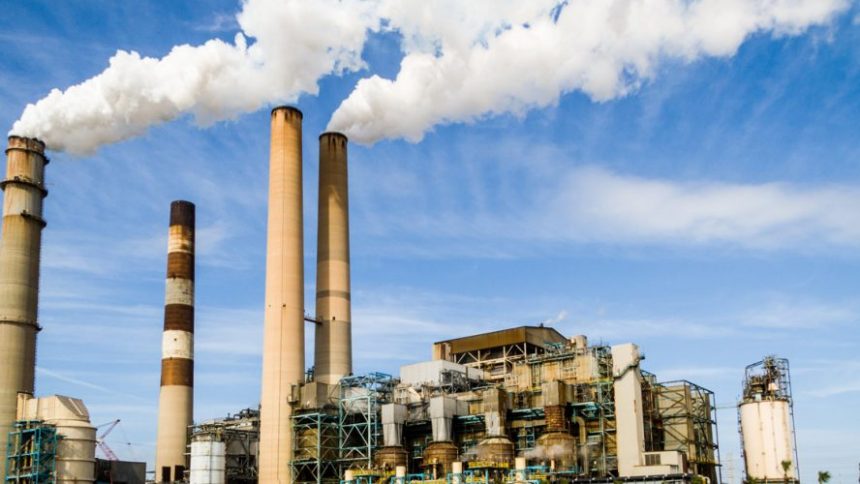The fourth industrial revolution or we can say Industry 4.0 in which we are living. This is a period of interruption, monstrous change, opportunities, and critical dangers. Fortunes will move, organizations will come up short, and news organizations will become alive once again. But are we aware of what the first industrial revolution was? This week, we should discuss how and when the first industrial revolution and its proceeding three industrial revolutions took birth.
The Initial Three Industrial Revolutions
The primary Industrial Revolution began in 1760 and is accepted to have finished 60 years after the fact. It was the reason behind the introduction of the working class, proficient positions at scale, progressions in assembling devices (basically in materials), farming, and mining. The starting of the revolution changed a lot of things for humans. Dodge the industrial Revolution, play simple and interactive betting games at ufabetเว็บตรง ไม่ผ่านเอเย่นต์. The Second Industrial Revolution began in 1871 and went on for around 43 years. It depicted the introduction of quick transportation (land and ocean), wired and remote correspondence, and power. Additionally, we had the development of production lines that greatly sped up how rapidly and inexpensively we could construct products for both regular citizen and military use. This is something that set an industrial foundation for the base of world war I and world war II. The last Industrial Revolution aroused during the 1950s and ran for the whole century which is up to 2000. In this revolution, we saw the introduction of PCs, robotization, utilitarian mechanical technology for assembling, and the computerized age’s introduction to the world and development. Every revolution significantly affected work, power, pay, wellbeing, and harmony between serious activities which were for earning living and fun activities. The initial two revolutions improved abundance appropriation, killed most eminence, impressively diminished subjection, and put power into individuals’ hands in a large part of the world. One could contend that the last Industrial Revolution fixed a great deal of that product and goods. Abundance again relocated from the many back to the trivial few, individuals surrendered their ability to organizations and governments, and harmony between serious and fun activities declined for most strongly. Notwithstanding, it wasn’t all awful, as registering power prompted better medical care, longer futures, improved occupation security, more noteworthy admittance to data, and the finish of universal conflicts. The issue with every revolution is that they weren’t overseen or supervised. Both the pros and cons arose naturally, and with every improvement, the ability to do something good or not was fundamentally amplified. If you consider innovation as a switch, and, taking from Archimedes, you could move the earth with a long sufficient switch. The Fourth Industrial Revolution vows to be one mother of a long switch. The technology is upgrading day by day and our living standards are also getting levelled up. Today the phase of the Fourth Industrial Revolution is going on. In future, we may discover flying cars, artificial intelligence to be more used, robots as a servant serving us, and many more. The whole world is upgrading its technology in means to get superior of every nation present.

